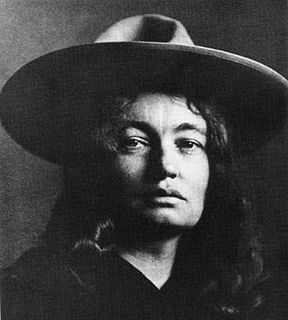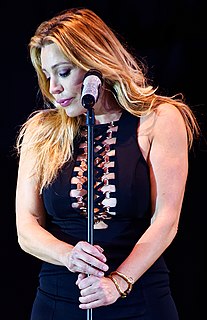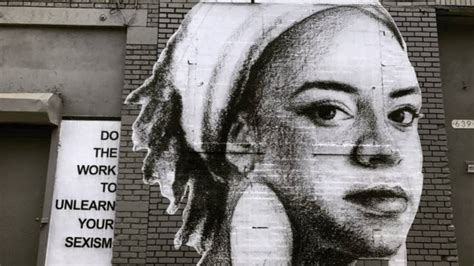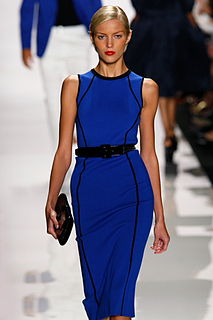A Quote by Abbas Kiarostami
In my experience as a director, I think there is obviously something of the way men - maybe that's a common point with Shirin - the way men see women in the film, and the way these two characters see each other.
Related Quotes
I'm always astounded at the way we automatically look at what divides and separates us. We never look at what people have in common. If you see it, black and white people, both sides look to see the differences, they don't look at what they have together. Men and women, and old and young, and so on. And this is a disease of the mind, the way I see it. Because in actual fact, men and women have much more in common than they are separated.
I have always felt that perhaps women have sometimes almost embraced the same values as men, and the same character as men, because they are in the men's world, and they are trying to fit into a system that men have created. And maybe in truth when there is a critical mass of women who play that role in governments, then we will see whether women can really manage power in a way that is less destructive than the way that men have used power.
I don't believe in marriage. I think at worst it's a hostile political act, a way for small-minded men to keep women in the house and out of the way, wrapped up in the guise of tradition and conservative religious nonsense. At best, it's a happy delusion - these two people who truly love each other and have no idea how truly miserable they're about to make each other. But, but, when two people know that, and they decide with eyes wide open to face each other and get married anyway, then I don't think it's conservative or delusional. I think it's radical and courageous and very romantic.
I feel like we're looked at as either completely nonsexual characters or overly sexual characters, and I feel like that affects how we're treated in the public space by men. I believe that women of color experience street harassment in a very hyper way. So I wanted to draw these women in their very normal, regular states and put those images out there in the public for people to see, instead of these other, very sexualized, images of women.
The superpowers often behave like two heavily armed blind men feeling their way around a room, each believing himself in mortal peril from the other, whom he assumes to have perfect vision. Each side should know that frequently uncertainty, compromise, and incoherence are the essence of policymaking. Yet each tends to ascribe to the other a consistency, foresight, and coherence that its own experience belies. Of course, over time, even two armed blind men can do enormous damage to each other, not to speak of the room.
I think that the word 'ambitious' is still used in a derogatory way when it comes to women, in a way that it's not when it comes to men. It's a generalisation because not everyone is like this, but I think there's almost a love-hate relationship going on with successful women, where you can be a little bit successful and you'll be celebrated, but don't become too successful because that seems to bring out the hate in some cases. Take one glance at social media and you can see that successful women don't seem to be treated with the same respect as successful men.
Those people that don't see the power in art maybe have never been a part of an art, in a real way. To experience it, and to see and witness how it affects people, we're not doing it just to create professionals. It's to add another dimension to the way that children think and the way they experience certain things. If you didn't have dance, music and singing, it just seems so odd to me.
The socialism I believe in isn't really politics. It is a way of living. It is humanity. I believe the only way to live and to be truly successful is by collective effort, with everyone working for each other, everyone helping each other, and everyone having a share of the rewards at the end of the day. That might be asking a lot, but it's the way I see football and the way I see life.
Sometimes the theme of the film is something that comes down to the way you designed the film - that you're saying something about the world. And it's one of the things that I think animation can do, in a way that other forms of filmmaking can't do. Because every single thing you see has got to be designed and created.





































